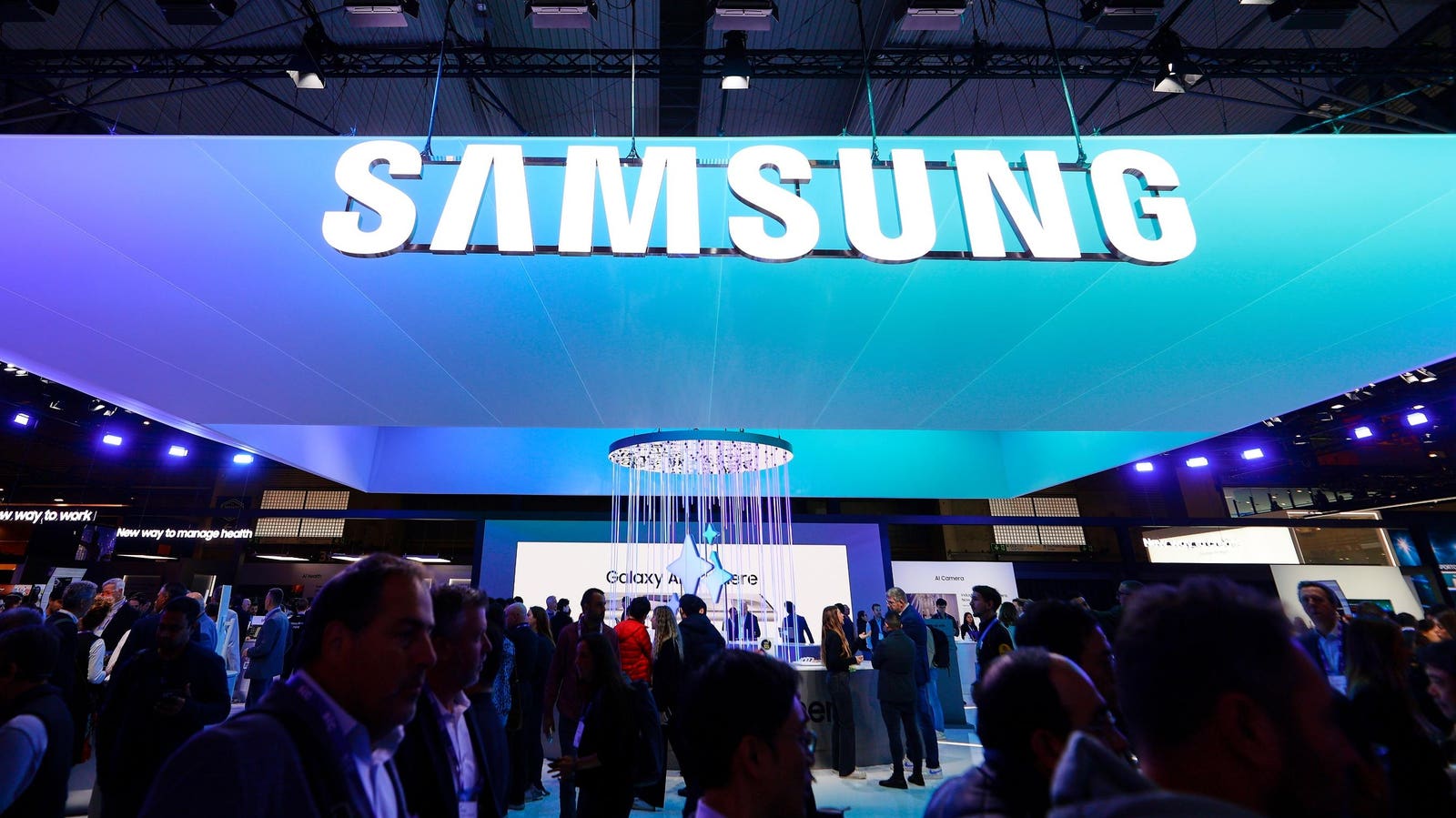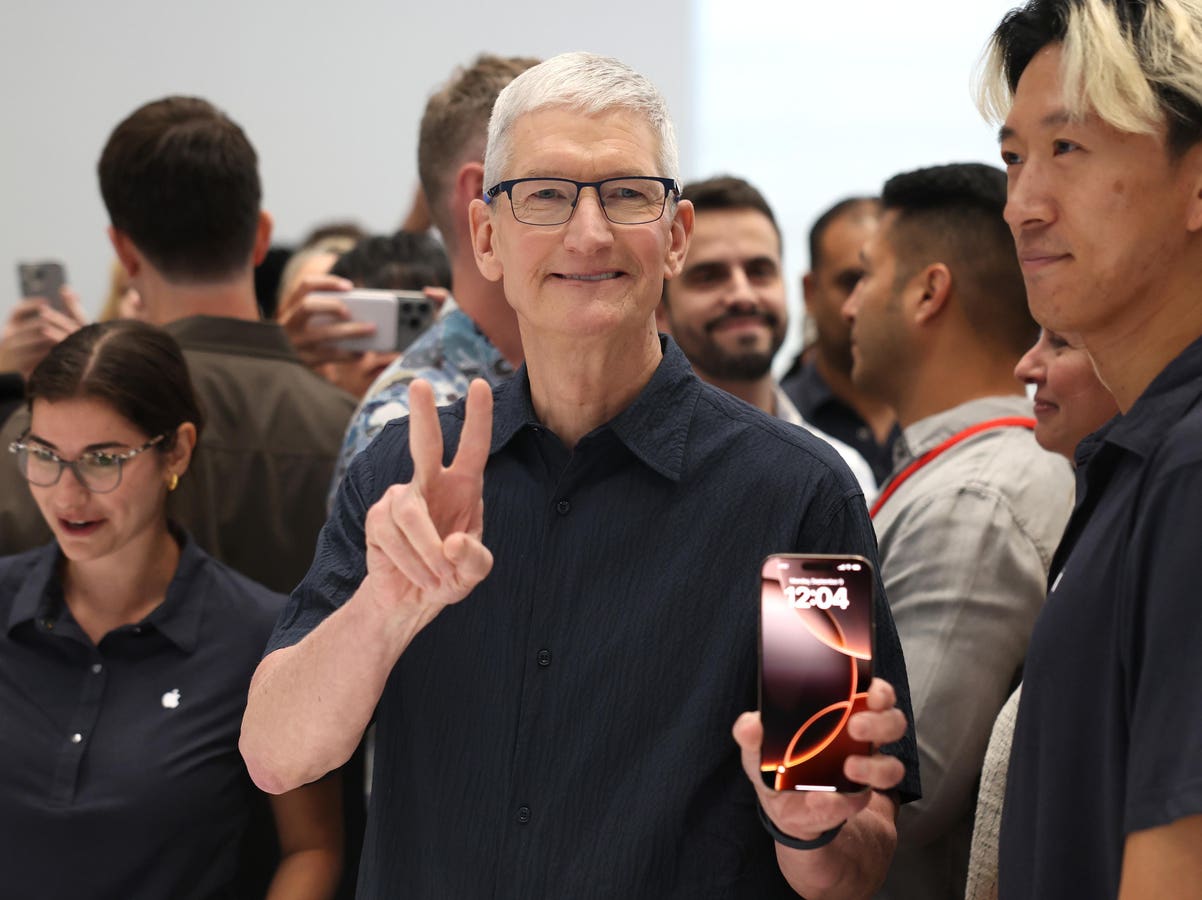The Tesla deal gives a much-needed boost to Samsung’s loss-making contract chipmaking business.
Joan Cros/NurPhoto via Getty Images
Samsung Electronics, controlled by South Korean billionaire Jay Y. Lee, has signed a 22.8 trillion won ($16.5 billion) multiyear deal with Tesla to manufacture AI chips for the U.S. electric vehicles-to-AI giant.
Elon Musk, Tesla’s billionaire CEO, said on Monday on his X social media platform that Tesla is working with Samsung to produce the next-generation AI6 inference chip, which is designed for humanoid robots, self-driving cars and AI data centers. He added that the chip will be manufactured at Samsung’s fab in Texas in the U.S., which is set to kick off operation in 2026.
A few hours before Musk’s X post, Samsung announced the $16.5 billion chipmaking agreement without naming the client, citing confidentiality. The Korean smartphones-to-chips giant said the deal will run through the end of 2033. Shares of Samsung on the Korean stock exchange surged almost 7% on Monday.
The deal gives a much-needed boost to Samsung’s loss-making contract chipmaking business. The company has been losing ground to Taiwan Semiconductor Manufacturing for advanced chip manufacturing due to its lower yields. TSMC, which counts Apple and Nvidia among its customers, had a dominant share of 67% in the global foundry industry in the fourth quarter of 2024, according to Taiwan’s semiconductor market research firm TrendForce. Samsung, meanwhile, came in second with an 8% share.
Earlier this month, Samsung projected a worse than expected 56% plunge in second-quarter operating profit to about 4.6 trillion won. The company said its foundry business booked a one-time inventory cost, following U.S. export restrictions on advanced chip sales to China. It added that the foundry business reported low usage rates.
Samsung expects operating loss in its contract chip manufacturing business to narrow in the second half of the year on a gradual recovery in demand. The company said in April it aims to start mass production of chips using its 2-nanometer process technology. Qualcomm is reportedly weighing a chipmaking deal with Samsung for its 2nm foundry process. Others confirmed clients of such technology include itself and Japan’s AI company Preferred Networks.
MORE FROM FORBES








